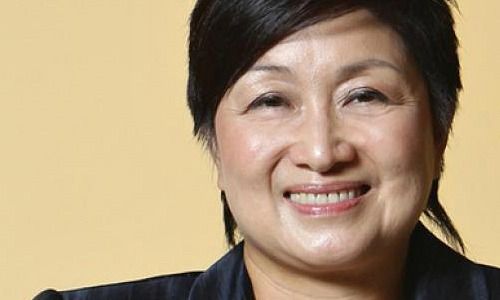Kathryn Shih: «As Number Two, You're the First Loser»
This near-death experience transformed UBS substantially, leading to a strategy focused on wealth management and less on riskier investment banking and trading. This strategy and cultural shift had also a huge impact on Shih, as she recounted last week.
«Personally,» she said, «I learned that you can fail, and that you have to be more aware of the risks, even in big institutions like UBS.» Shih admitted not having removed the «wrong people» of the team soon enough, and therefore «not being fast enough» as the biggest mistakes in her long career. «Even as the number two, you are the first loser,» the UBS banker, one of just two women in top management at the Swiss bank, said in her reflections about leadership.
Grow or Fall Behind
Since the financial crisis, regulation has tightened and costs have risen as a result. «We have become more accountable, and therefore looking at the risks not only from the upside,» Shih added although knowing that «if you don’t grow fast enough in Asia, you fall behind.»
So, looking at the people and choosing the right ones has become even more crucial. «You only need to convince 10 percent of your workforce, the rest will follow,» Shih also said and emphasized her message by showing an interesting video about a «first mover».
UBS Military Style?
Asked how she coped with the military-style running of UBS a few decades ago, Shih said that UBS' acquisition spree more than 15 years ago brought many different cultures into the bank, diluting what bankers have often cited as a strictly hierarchical UBS culture.
Acquisitions in Asia however have not been at the center of the bank’s strategy recently, as prospective targets assets would have been too small in relation to the costs, and this would have hurt the bank's return-on-equity, Shih said.
- << Back
- Page 2 of 2





















